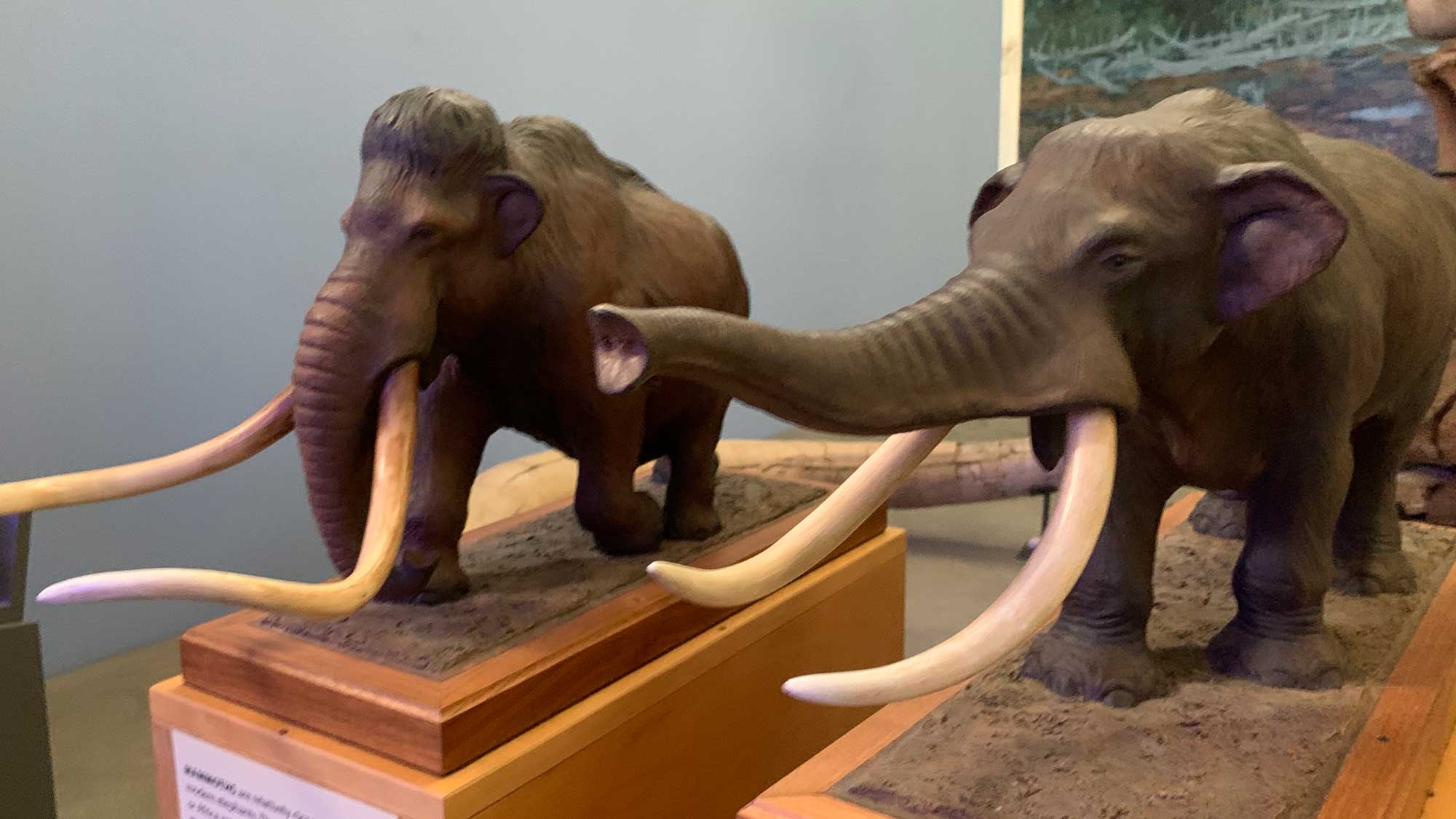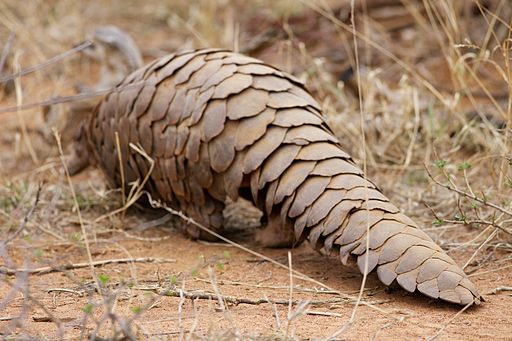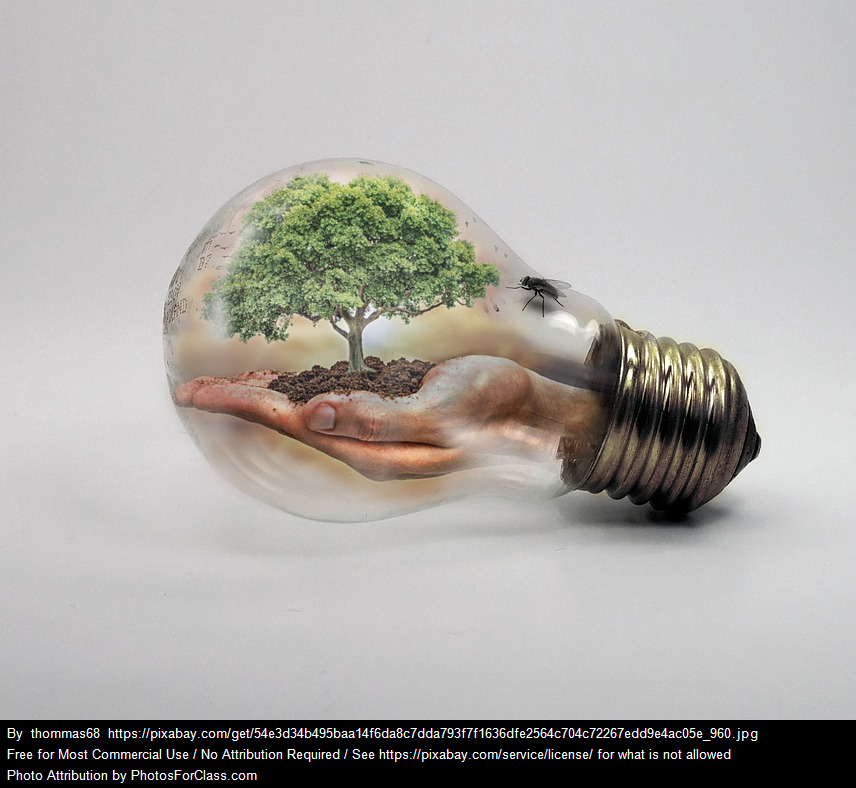
Featured image from https://www.environment.nsw.gov.au/topics/animals-and-plants/native-animals/native-animal-facts/brush-tailed-possum Recently I shared this Spinoff article about extinction on Twitter, & tagged the Science Learning Hub as the NZ focus makes the article a good fit with their mahi supporting student learning. But I was somewhat surprised to have someone else pop up saying that they wouldn’t read it because, […]
Continue reading







